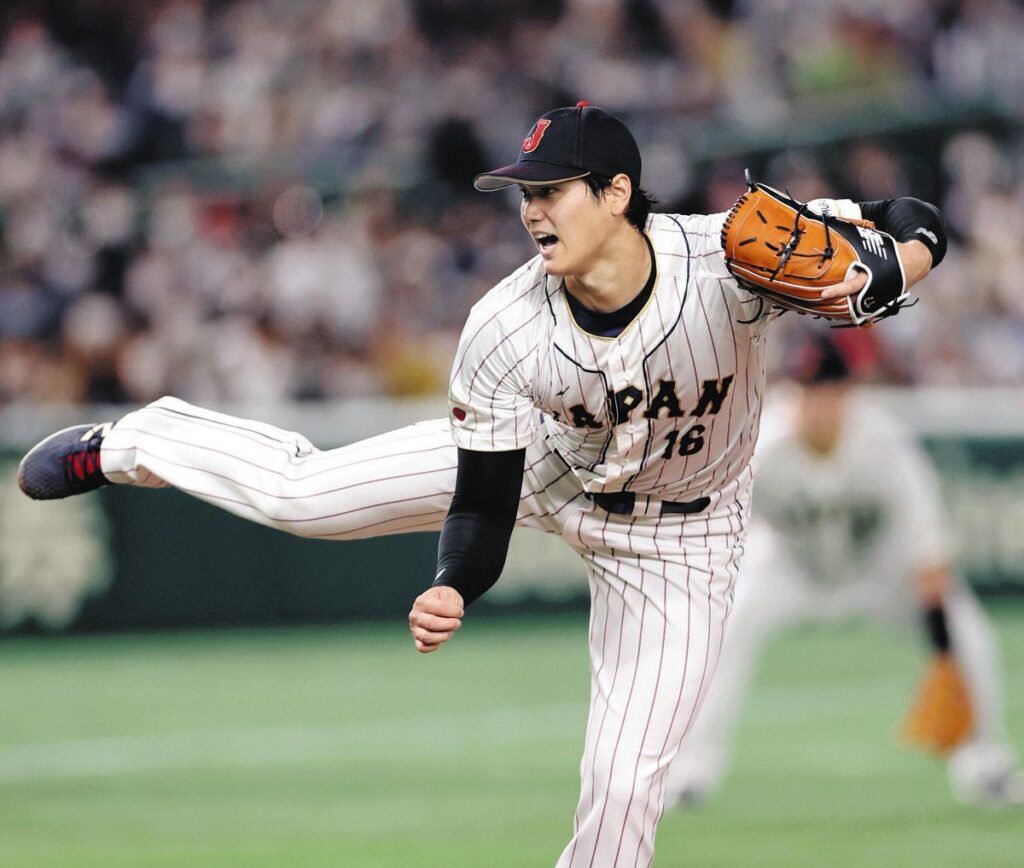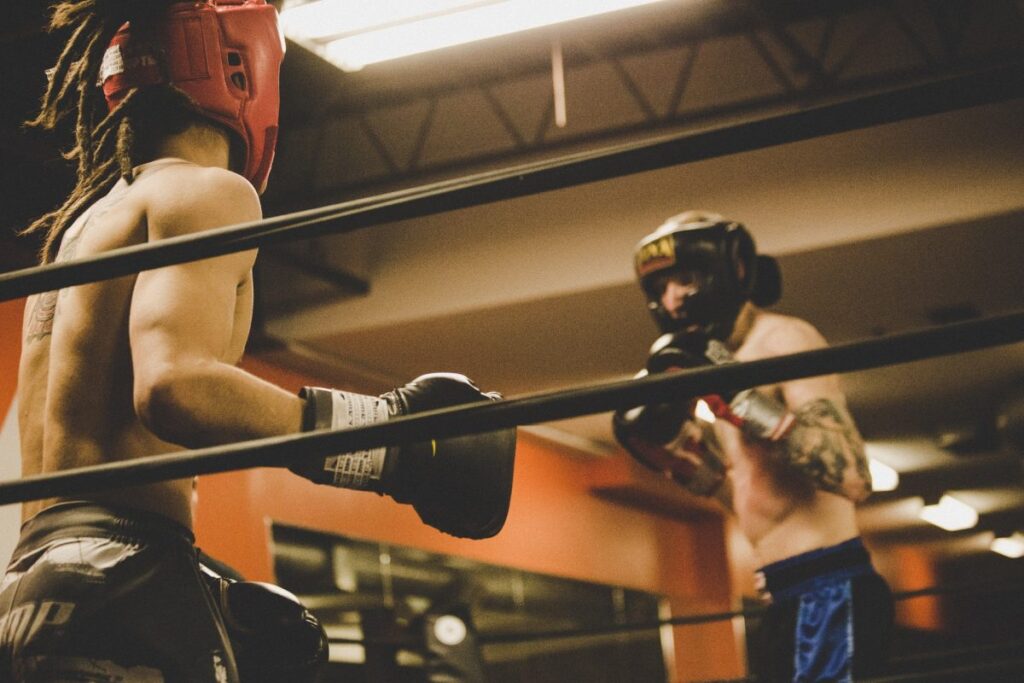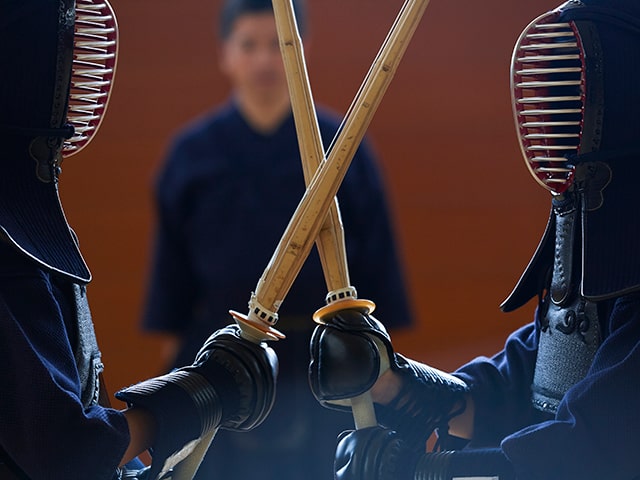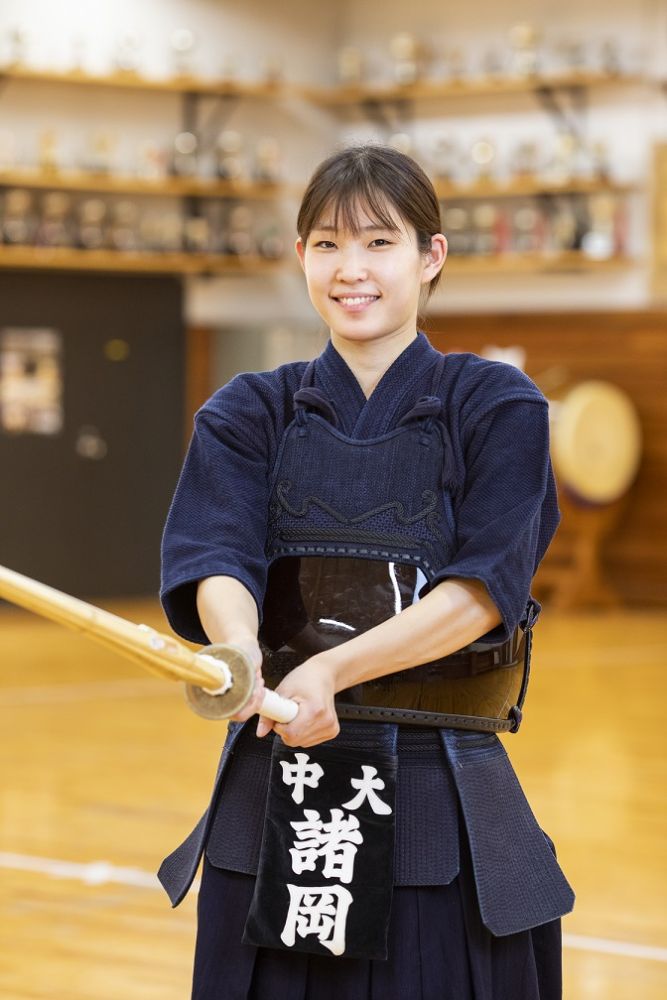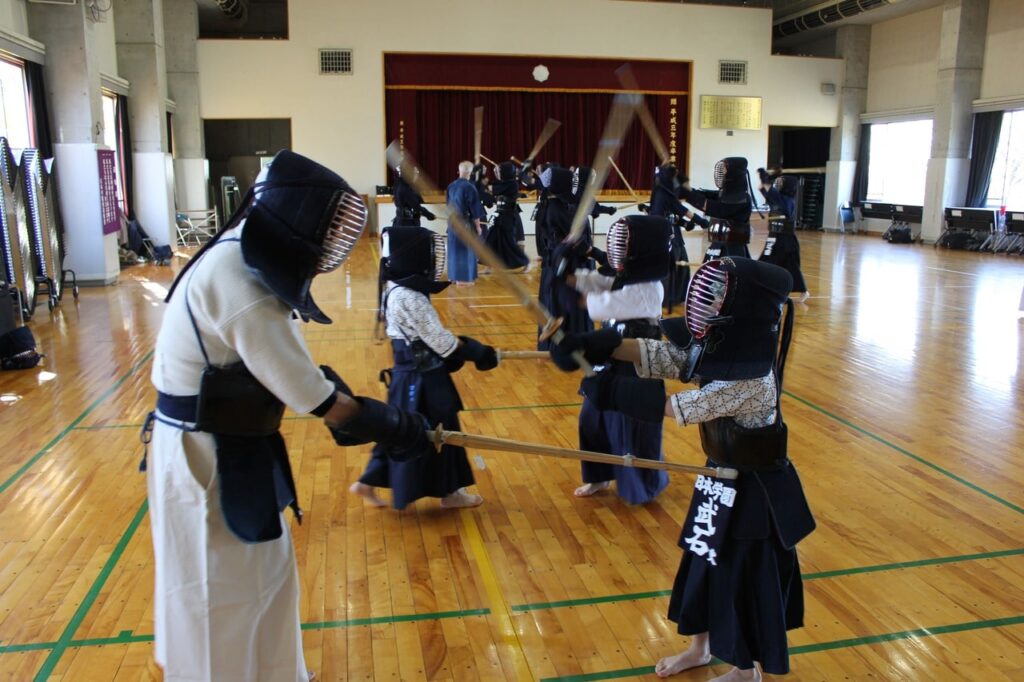
Kendo is not just a martial art for honing one’s skills, but also involves deep training that trains the mind and body and promotes spiritual growth.
In particular, the “training mindset” is one of the most important foundations for learning and practicing Kendo.
In this article, we will thoroughly explain everything from the basics of mental attitude in Kendo training to its practice.
By having the right mindset, you can not only improve your skills but also demonstrate its value in your daily life.
We aim to provide content that is useful for all Kendo players, from those who have just started Kendo to those with experience aiming for further spiritual growth.
Now, let’s take a closer look at the importance of mindset when practicing Kendo, starting from the basics.
目次
- 1 Introduction: The importance of mindset in Kendo training
- 2 Basic posture: Before starting Kendo practice
- 3 Three principles of mindset: focus, respect, and patience
- 4 concentration
- 5 respect
- 6 patience
- 7 Mindset during practice: What to keep in mind during interpersonal practice
- 8 Practical application: mindset to apply in games and daily life
- 9 Summary: What kind of mental strength can be cultivated through Kendo?
Introduction: The importance of mindset in Kendo training
When learning Kendo, it is very important to understand not only the importance of technique and physical strength, but also the importance of mental preparation.
Mental readiness refers to the mental attitude you take when practicing, and the mental preparation you have to aim for your own growth in Kendo.
This attitude has a great impact not only on improving your Kendo skills, but also on your growth as a person.
Basics of Kendo mindset
The basis of the mindset in Kendo is the principle of “beginning with courtesy and ending with courtesy”.
This shows that kendo is not just a competition, but a spiritual training in which one respects his opponent and improves himself.
This spirit should be reflected in all movements in Kendo and is cultivated through practice.
Attitude towards practice
The attitude you take when practicing is also part of your mindset.
When practicing Kendo, it is important not only to learn techniques and improve physical strength, but also how to learn these skills and the mindset with which you practice.
Increase your concentration and give meaning to each swing. When practicing, you are required to constantly face yourself and reflect on yourself.
Specific elements of mindset
Kendo mindset includes specific elements such as:
- Concentration : Concentrate all your attention on the practice in front of you and cherish every moment.
- Respect : Have respect not only for the opponent, but also for the master, the dojo, and kendo itself.
- Patience : Develop the ability to continue without giving up when faced with difficulties.
These mindsets are extremely valuable not only through Kendo, but also in everyday life.
The mindset you maintain when practicing kendo goes beyond your technique and physical strength and leads to your growth as a person.

Basic posture: Before starting Kendo practice
In Kendo, acquiring the correct posture and mindset is the basis not only for technical progress but also for spiritual growth.
The basic posture of Kendo is much more than just adjusting the position of your body.
It simultaneously shows inner concentration and outer calmness, reflecting the spiritual aspect of Kendo.
importance of posture
Correct posture ensures balanced movements and accuracy of technique.
However, in Kendo, this posture has a deeper meaning.
Correct posture outwardly shows a calm and focused state of mind, and shows respect for Kendo practice.
It is also a way to prepare yourself internally and prepare for the confrontation with your opponent.
The connection between mindset and posture
Mindset and posture are closely related. Improving your concentration naturally leads to more accurate posture, which directly leads to improved technique.
On the other hand, poor posture can also mean a disturbed mind or lack of concentration.
Therefore, before beginning Kendo training, it is necessary to prepare both the mind and body.
Acquire the correct basic posture
To acquire basic posture, you should pay attention to the following points:
- Foot position : It is important to keep your feet firmly on the ground and maintain balance.
- Back : Straighten your back and maintain a natural posture.
- Eye gaze : Look into the other person’s eyes to demonstrate your inner concentration.
These basic postures have a positive impact not only on Kendo practice, but also on daily life.
Correcting your posture also helps you gain confidence and contributes to your growth as a person.
Before you start practicing Kendo, aim to not only improve your technique but also grow spiritually by acquiring the correct posture and mindset.
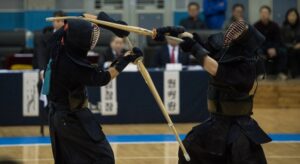
Three principles of mindset: focus, respect, and patience
In order to achieve excellent results in practice, study, and work, you need to have the right mindset.
In particular, three principles – focus, respect, and patience – play an important role in paving the way to growth and achievement.
Below, we will explain in detail how you can improve yourself and contribute to achieving your goals through these ways of thinking.
concentration
Concentration is the basis of all achievements. By focusing your attention on one point, you can improve the efficiency and quality of your work.
In order to develop your ability to concentrate, it is important to first prepare your environment and remove unnecessary temptations and distractions.
It is also effective to train by repeatedly concentrating for short periods of time and gradually increasing the duration.
Remember that adequate rest and nutrition are also essential for improving concentration.
respect
Respect is a deep respect for people, the environment, and oneself. Respect through practice and work builds good relationships and creates a foundation for mutual growth.
Also, respecting the opinions and ideas of others can help you gain new perspectives and help you solve problems.
Respect for self also builds confidence and promotes personal growth. Being respectful every day brings harmony with those around you and inner peace.
patience
In the process of continuing to strive toward a goal, you will inevitably face setbacks and difficulties.
Patience is the key here. Perseverance and continuing to take on challenges will eventually lead to great results.
Patience doesn’t come overnight; it can be developed gradually through small successes.
Another effective way to increase perseverance is to break down your goals into smaller parts so that you can feel a sense of accomplishment. Patience is an essential element in developing greater self-control and learning how to overcome the challenges we face.
Concentration, respect, and patience are mental states that must be consciously cultivated not only through practice, but also in daily life.
Mastering these principles will help you maximize your potential and pave the way to achieving your goals.
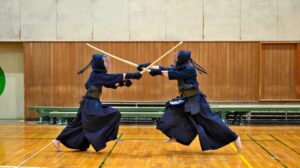
Mindset during practice: What to keep in mind during interpersonal practice
In-person training not only improves technique, but also greatly contributes to psychological growth.
Practicing with a partner is a valuable opportunity to test your own limits and deepen mutual respect and understanding.
Below, I will focus on the mental preparation and response during interpersonal training.
Preparation for interpersonal training
The key to success is the mindset you have before going into an in-person training session. First of all, it is important to remember respect and humility, and to never forget to respect others.
Paying attention to the skills and experience of others and finding things to learn from them will lead to your own growth.
It is also important to not be overconfident in your own skills and abilities and to always have an attitude of learning.
mental preparation
In order to make the most of in-person training, mental preparation is essential.
Use pre-fight meditation and relaxing breathing techniques to calm your mind and improve your focus.
Also, by controlling your anxiety and tension, you will be able to stay calm and respond appropriately depending on the situation.
It’s important to have confidence, but it’s also important to avoid overconfidence and maintain a flexible mindset.
Attention to response
When dealing with people during interpersonal training, you are required to react carefully to the movements of your opponent.
Predicting your opponent’s intentions and next moves and performing techniques at the right time will improve your technique.
You can also expand your skill set by trying new tricks and strategies without fear of failure.
Accepting feedback from others and engaging in self-reflection are also important factors in growth.
communication with others
In-person training is not only an opportunity to exchange techniques, but also an opportunity to deepen connections with other people.
Valuing communication with others before and after practice, and expressing gratitude, are the foundation for building relationships of mutual respect and trust.
You can also maintain good relationships and motivate each other by recognizing the good points in your partner and providing positive feedback.
In-person training allows you to grow and deepen your understanding of both the other person and yourself.
Maximize the value of interpersonal training through mental attitude, mental preparation, appropriate responses, and communication.
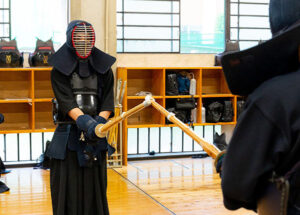
Practical application: mindset to apply in games and daily life
Practicing Kendo is not just a way to learn techniques, but a path to spiritual growth and self-development.
The mindset you acquire through practice will be extremely valuable not only in the field of competition, but also in your daily life.
Below, we will explain how to apply the mindset cultivated in Kendo to real life.
sense of purpose and focus
Kendo training requires each swing to have meaning and a sense of purpose.
This sense of purpose and focus is the key to achieving your goals in everyday life as well.
Whether it’s work, school, hobbies, or any other activity, by clarifying your goals and focusing on them, you will be able to achieve high results efficiently.
respect and courtesy
In Kendo, you show respect for your opponent by exchanging bows at the beginning and end of practice.
This respect and politeness are the basis of communication, which is also important in social life.
By being polite and respectful when interacting with people, you can build trust and build smooth interpersonal relationships.
patience and tenacity
During matches and practices, you may face technical barriers or physical limitations.
In the process of facing and overcoming these difficulties, patience and tenacity are developed.
Even in everyday life, when we face challenges and difficulties, we can use this patience to keep moving toward our goals without giving up.
self-reflection and growth
In Kendo, students review their own techniques and mindset through reflection after practice, and find areas for improvement next time.
This habit of self-reflection can be applied to daily life for self-growth.
By learning not only from successes but also from failures and striving for self-improvement, you will be able to continue to grow as a person.
The mental attitude that Kendo training brings can also be used in daily life.
By practicing the principles of purpose and focus, respect and courtesy, patience and persistence, self-reflection and growth in your life, you will lead a richer and more fulfilling life.
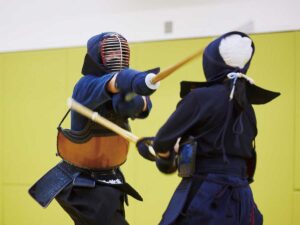
Summary: What kind of mental strength can be cultivated through Kendo?
Kendo training is a process that not only helps you learn techniques, but also promotes spiritual growth.
The strength of mind developed through this path will prove valuable in a wide variety of life situations.
Below, we will summarize the spiritual growth that can be gained by continuing Kendo and its specific value.
Improved concentration
Through Kendo practice, you will develop the ability to concentrate on one point.
This ability to concentrate is a factor that greatly improves efficiency and results in daily life, work, and studies.
By increasing your ability to concentrate, you will be able to immerse yourself deeply in the task at hand and produce high-quality results.
patience and tenacity
Through the process of overcoming difficulties and challenges during training, you will naturally develop patience and tenacity.
These qualities will give you the strength to keep moving forward and not give up when faced with various trials and setbacks in life.
This patience and persistence are essential to achieving your goals.
Self-control and calm judgment
Kendo trains you to remain calm and make appropriate decisions even in the midst of stress and excitement.
This training enables self-control and calm response in daily life and emergency decisions.
Calm judgment is the key to solving problems and is important for achieving better results.
courtesy and respect
Kendo practices and matches are conducted with courtesy.
This habit also helps you build relationships in your daily life.
Treating others with respect builds mutual trust and respect, leading to better communication.
Self-development and growth
Kendo encourages constant self-improvement through a process of self-reflection and improvement.
This spirit of self-development encourages personal growth and evolution, leading to success in a variety of fields.
The attitude of reexamining oneself and always seeking growth is an important element in living a fulfilling life.
The mental strength you develop through Kendo is more valuable than learning techniques.
This growth of mind exerts its power not only within the individual, but also in social life and human relationships.
Kendo provides a valuable opportunity to train both body and mind, and can be said to be a path that contributes to building a better self and society.
